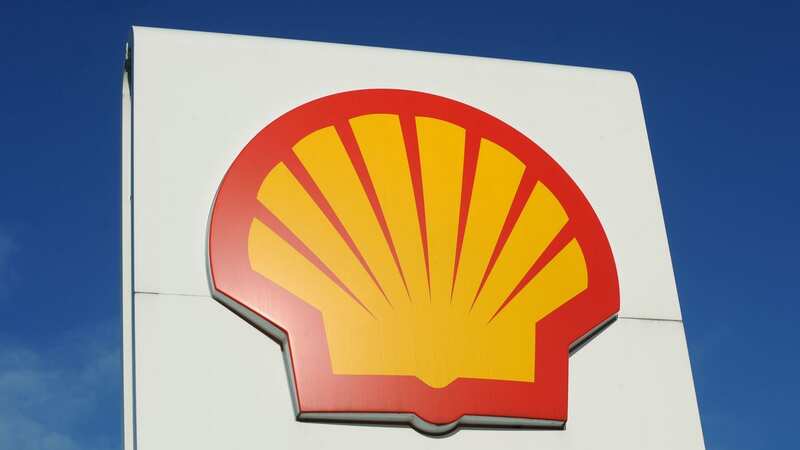Energy giant Shell waters down part of its 2030 carbon reduction pledge

Shell has toned down one of its promises to fight climate change as it changes its approach to electricity.
The oil giant also revealed that its new boss Wael Sawan earned £7.94 million in his first year, a drop of almost £2 million compared to his predecessor. Shell now aims to reduce the "net carbon intensity" of its energy sales by 15-20% by 2030 compared to 2016. Its old goal was to cut it by 20%.
It has also scrapped a plan to cut net carbon intensity by 45% by 2035 due to "uncertainty in the pace of change in the energy transition". But it still wants to hit 100% reduction by 2050. Net carbon intensity measures the emissions produced by each unit of energy that Shell sells. If that's a unit of oil, the emissions are higher than if it's a unit of gas.
So if Shell sells less oil and more gas, the intensity goes down, even if its total energy sales are unchanged. But a reduction in the intensity does not mean that Shell's overall emissions will fall. Even if the intensity drops, the company could up its sales, keeping total emissions steady or even pushing them higher.
Shell has said, "The biggest driver for reducing our net carbon intensity is increasing the sales of and demand for low-carbon energy." This doesn't necessarily mean a drop in total emissions. The company shared that it's changing its goal after rethinking how it approaches the electricity sector. It will now focus on "value over volume" and concentrate more on selling electricity to businesses rather than homes.
 Protesters planned to kidnap King Charles waxwork and hold it hostage
Protesters planned to kidnap King Charles waxwork and hold it hostage
This means that the total amount of electricity it sells will increase slower than previously thought, which slows down the rate at which carbon intensity will be reduced. Last year, Shell shifted away from supplying energy to households and sold its retail unit, Shell Energy, in the UK and Germany to Octopus Energy.
Alongside this target reduction, Shell announced a new goal to cut the emissions caused when customers use its oil products by 15-20% by 2030 compared to 2021. This falls under what experts call Scope 3 emissions. It's the first time Shell has set a Scope 3 emissions target.
"Achieving this ambition will mean reducing sales of oil products, such as petrol and diesel, as we support customers as they move to electric mobility and lower-carbon fuels, including natural gas, LNG (liquid natural gas) and biofuels," Shell said.
Shell's chief executive has spoken about the energy transition and the company's strategy. He said: "I am encouraged by the rapid progress in the energy transition in recent years in many countries and technologies, which reinforces my deep conviction in the direction of our strategy,".
"Our focus on performance, discipline and simplification is driving clear choices about where we can have the greatest impact through the energy transition and create the most value for our investors and customers. We believe this focus makes it more, not less, likely that we will achieve our climate targets."
However, a campaigner from Global Witness said: "Shell's CEO million pay packet is a bitter pill to swallow for the millions of workers living with the high costs of energy. Our reliance on Shell's dirty oil and gas make them rich whilst the rest of us get poorer."
Read more similar news:
Comments:
comments powered by Disqus






























